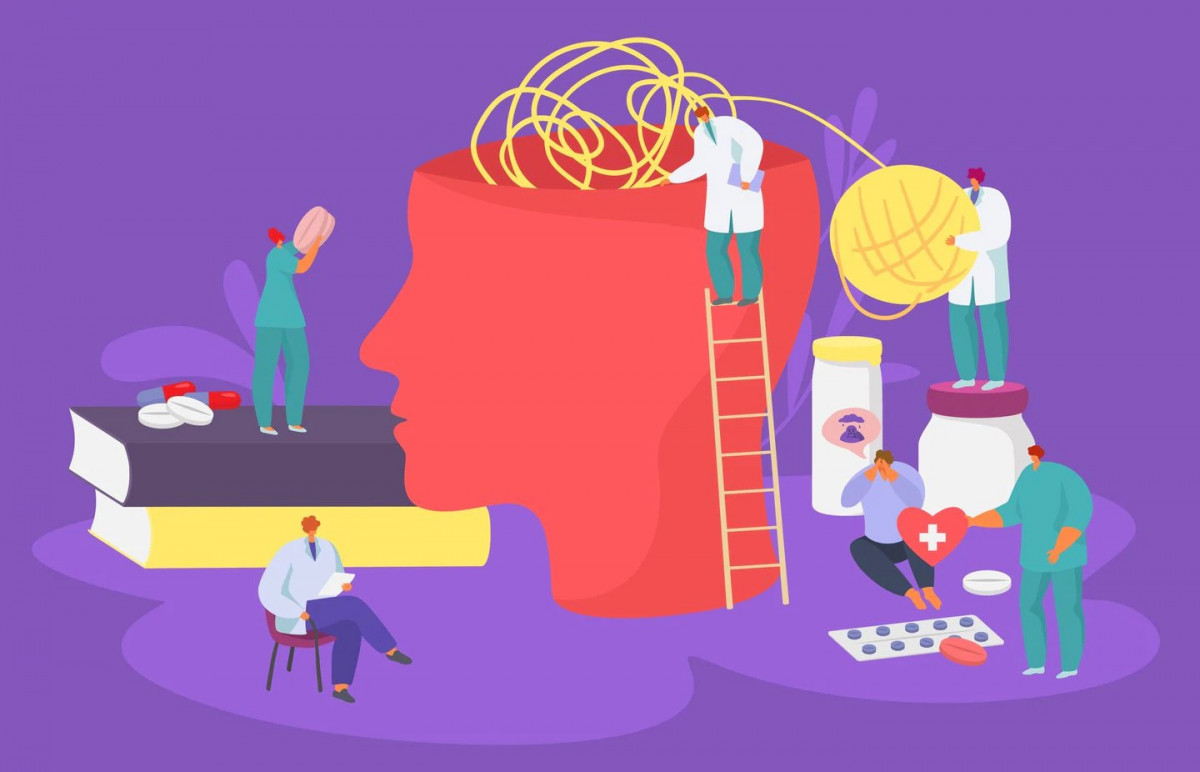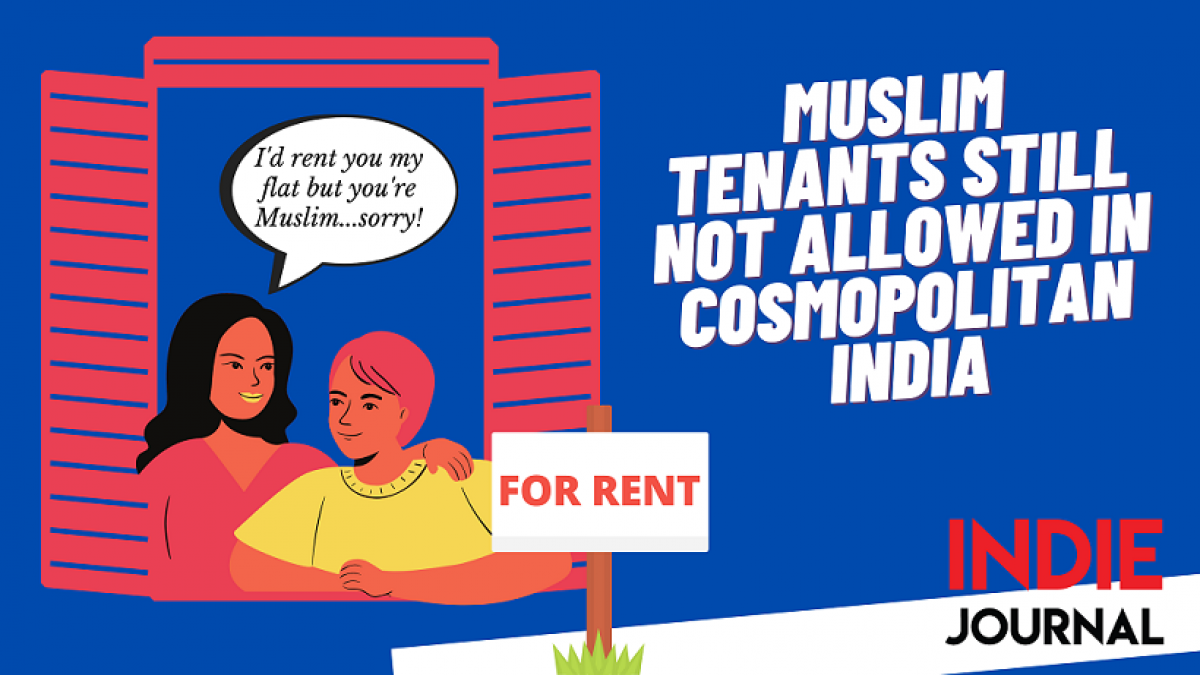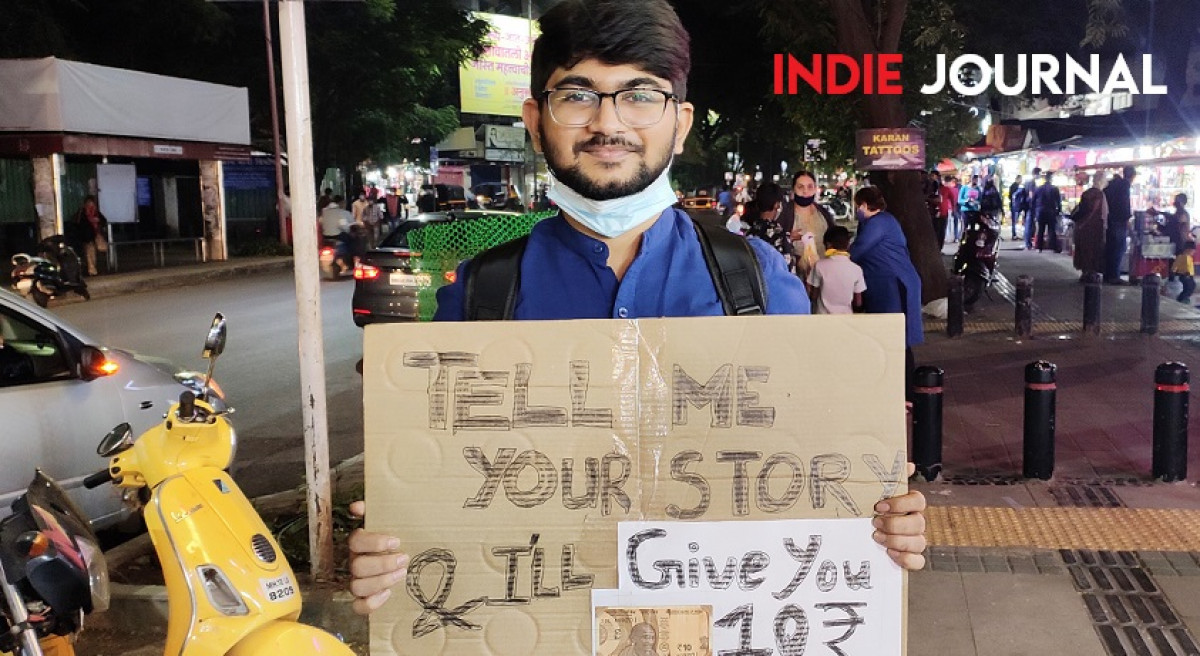India
To know how to handle mental ilness, we must learn how to identify it
What most people are unaware of is how to identify mental illnesses and talk about them.

The death of Sushant Singh Rajput has sent the entire nation in shock and yet again stimulated the conversation about mental health and its awareness. Rajput’s death is a testimony to the false sense of a content life that money and fame convey. It underlines why is it important to recognize and talk about our mental well-being openly, especially in the present circumstances. But what most people are unaware of is how to identify mental illnesses and talk about them.
Mental health expert, Dr Suchitra Godbole says, “People cannot talk about their mental illness unless they address it or try to evaluate it. If a person is depressed or has mild anxiety, he or she will ignore the thoughts once their mood and environment change temporarily. Disregarding these feelings creates a lack of self-awareness which is a defence mechanism of the brain. It is clinically known as anosognosia and can worsen your condition if you don’t address it immediately.” More than 90 million Indians, comprising 7.5% of the nation’s population, suffer from mental illness, according to a World Health Organisation report. An even larger chunk of the population never addresses its mental illness, making them more prone to making life-threatening decisions.
In India, there’s a stigma around mental health and issues. “If one has depression, he is perceived to be a sad, uninteresting guy; if one has social anxiety, he is trying to seek attention; if one is bipolar, he is mental and needs to be sent to the asylum. This is the present scenario in our country”, says psychiatrist Amit Varma, who works with ICall, an email and telephone-based counselling service run by Tata Institute of Social Sciences. He further points out the tone of the conversation around mental health by terming it insensitive and casual, when instead it should be given twice as much serious attention. “If you don’t create an environment where you harbour support and understanding for someone suffering from mental illness, you are just pushing them into a deep spiral created by their mind. It will be difficult for them to return to normal.”, he informs.
Mental illness comes in different forms. Anxiety, depression, bipolar disorders, obsessive-compulsive disorder, dyslexia, and autism are a few of these which are most common. According to statistics, most of these are not identified easily or reported often. The reason is that people fail to differentiate regular moods from actual symptoms. Dr Godbole says, “People often confuse being sad with being depressed, and vice versa. Illnesses can be identified based on three determining factors - frequency, intensity, duration. For example, you lost your favourite pen. You will be upset whenever you need a pen, determining frequency. You will be upset but you won’t cry, determining intensity. You will be upset for a few minutes, determining duration. When any of these factors are prolonged, it can be considered as a sign of mental illness.”
Besides learning about how to identify mental illnesses, it is extremely important that we also normalize conversations around mental health, says Varma. According to him, several patients know what is wrong with them but refuse to talk about it. A student of Modern College in Pune was suffering from depression after she lost her mother in a car accident. She used to have destructive thoughts frequently but couldn't talk about them with her father. Speaking about her experience, she said, "We were always distant, I didn’t think he would understand me. One day he checked the search history on our computer while doing his work, and found the search results for suicide prevention. That is when we had a real conversation, talked about my mom and our feelings. We promised to always support and love each other." Rajat Mhetre, a student of engineering from Pune, has been battling depression for two years now. When he told his parents about his illness, they were shocked and asked him not to tell anyone else, because people will tag him as mental. "As a remedy for my depression, they asked me to focus on my studies and think of happy things always", he said.
Help and support can be found in several places but one must take the leap of faith and trust someone to share their feelings with, says Varma. “Friends and family are not professionals. If they don’t understand you or cannot help you, it is okay. Because the help wagon also includes professional help like psychiatrists, therapists, and telephone and internet-based mental health services”, Varma adds.
For the family and friends of the patient, Varma explains that mental illness is not like a headache which will disappear after taking some pill. “It is a gradual process and extremely slow. So, the closed ones should be patient and supportive. Instead of saying anything, they need to create a safe space by only listening to the patient. This will remind them that they have someone in their life who they can trust and seek help from”, he explains.
There has been a great surge in mental health issues in the last decade. This can be attributed to the development of the mental health and aide sector. As a result, there has been an evident generation gap surrounding the subject. While most parents refuse to acknowledge the existence of mental illnesses, the youth has been comparatively more aware of them today. Psychiatrist Dr Sonali Parekh says, “Primary mental illnesses have become common today, and hence more relatable. Not only does this encourage people to talk about them, but it also lays the foundation to talk and destigmatize more serious illnesses like dyslexia or schizophrenia.” She further states that though the youth is vocal about these issues, they still face the challenge of talking about this tabooed subject with family or anyone in a superior position because of the stigma and lack of awareness.
The dearth of knowledge about mental health is evident when people equate illness to one’s status and relations. Speaking about the current scenario, Dr Godbole says, “When a person dies of mental illness, most people tend to judge the deceased person’s status and relations. If everything seems perfect, then death is not justified for them. But mental illnesses are much more than the pretence patients carry around. It is a manifestation of their deepest worries and fears which houses in their mind, refusing to let go. Money and relations can trigger these manifestations, but they cannot help remove it.” These manifestations can be minimized or removed only by addressing them and then targeting them, which is why it is important to seek professional help, she further says.
According to the WHO, 20% of the population in India will be suffering from mental illness by 2020. This number will increase with the post-trauma stress disorder (PTSD) that a lockdown will lead to. For these 268 million people, there are less than 4000 mental health professionals in the nation. But the National Institute of Mental Health and Neurosciences (NIMHANS) revealed in 2016 that nearly 150 million Indians needed active intervention, but less than 30 million people were getting it. With almost 35% of the population aged between 15-34, it is shocking to know that suicide due to mental illness was one of the leading causes for this age group, in the last five years.
Most mentally ill patients do not prefer therapies and sessions with private doctors as they are expensive. According to the Mental Healthcare Act of 2017, if a person cannot afford mental healthcare, the government is mandated to provide you treatment free of cost. But the law does not guarantee efficient healthcare. The government wards are understaffed in major cities across the nation. Almost 100 patients are left in the care of one or two doctors in a day.
Despite these alarming numbers, the government allocated only Rs.40 crore to the National Mental Health Programme (NMHP) in the financial year 2019. Previously, the budget was Rs.50 crore and only Rs.5 crore was spent each year. In budget 2020, the allocation for NMHP has not increased, though the total healthcare budget was increased by 7%. As compared to developed countries that allocate 5% to mental health, India has allocated only 0.5% of the total healthcare. Moreover, according to the Indian Journal of Psychiatry, the total cost to implement the Mental Healthcare Act of 2017 would be Rs.94,073 crore, but the current spending is much less than that.
For a subject as sensitive as mental health, the nation cannot afford to have any more apathy towards it. Reforms and destigmatization of mental health issues is the need of the hour, considering the monotonous life we are living amidst this lockdown and global pandemic.
Maharashtra state offers a helpline for those seeking mental health support: 1800120820050





